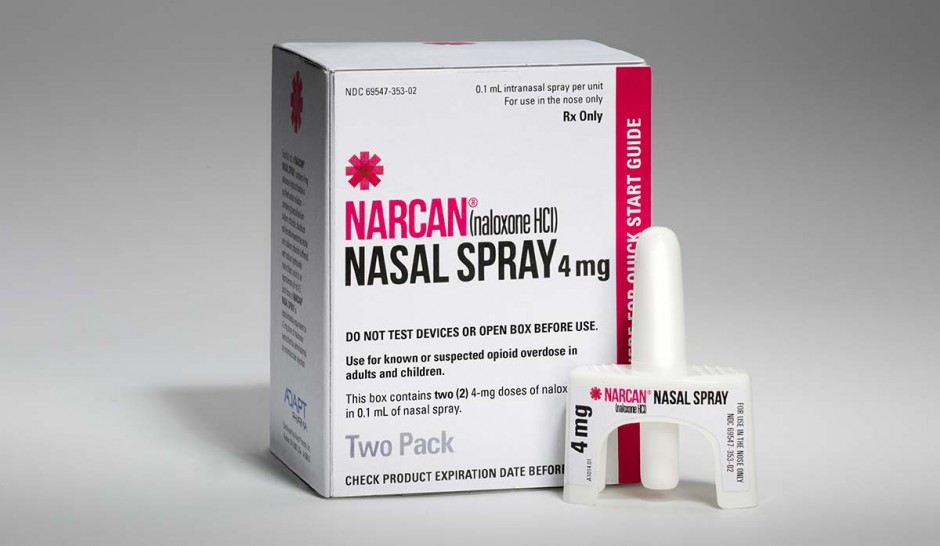
As you are aware, opioid poisoning has rapidly become one of Canada’s most pressing health issues. Between January 2016 and June 2020, there were 17,602 apparent opioid toxicity deaths in Canada. Ninety-seven per cent happened by accident. Adding to the concern is a spike in opioid-related deaths since the onset of the COVID-19 pandemic. We are proud to bring the strength of the Red Cross to this challenge through our first aid programming.
Opioids are a class of drugs naturally found in the opium poppy plant that include the illegal drug heroin, synthetic opioids, and pain relievers available legally by prescription, such as oxycodone, hydrocodone, codeine, morphine, and many others. Opioid pain relievers are generally safe when taken for a short time and as prescribed by a clinician, but because they produce euphoria in addition to pain relief, they can be misused when taken in a different way or in a larger quantity than prescribed. Regular use can lead to dependence and, when misused, lead to addiction, opioid poisoning incidents and death. Increasingly, Canada’s illegal supply has become tainted with powerful opioids, such as fentanyl.
If you have attended training with First For Safety in the past two years, you will have received exposure on how to identify an opioid overdose and witnessed a Canadian Red Cross instructor respond with a demonstration of providing naloxone – either through injection kits (no longer common) and nasal spray kits. Participants who have attended training have been in touch in two incidences within our community saying they have responded to opioid emergencies thanks to their training with us here.
Over the next 39 months, the Canadian Red Cross expects to provide opioid poisoning response training to 1.5 million Canadians while helping millions more gain an increased understanding of the risks, misconceptions and vulnerabilities of opioid misuse.
To learn more register for one of our First Aid & CPR/AED courses or visit the Red Cross’ news announcement.